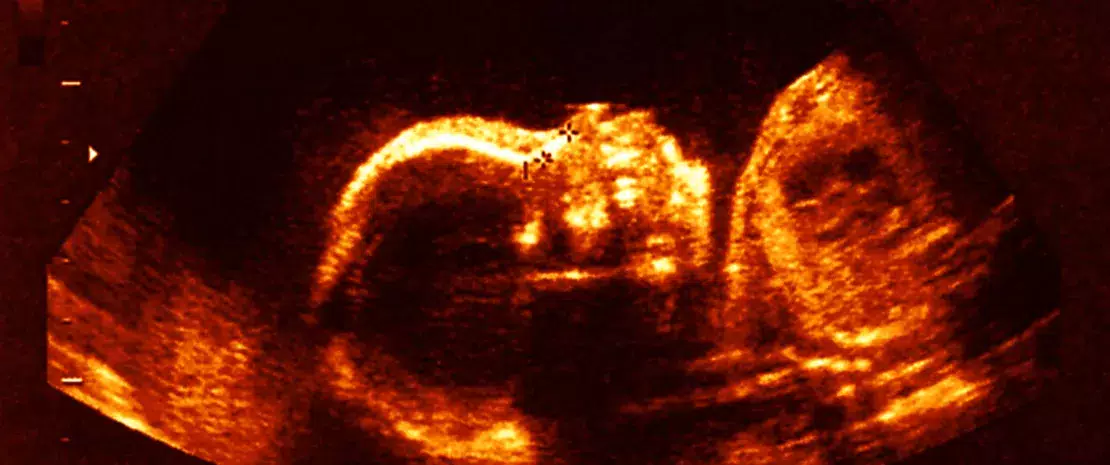Using meconium to predict allergy
A less mature gut microbiota, affecting immune development, may result from intrauterine life. This finding may lead to the early identification of infants at risk of allergy and may even help us better prevent the development of allergic sensitization.
Lay public section
Find here your dedicated section
Sources
This article is based on scientific information

About this article
Gut microbiota maturation begins immediately after birth. This maturation continues through the first few years of life, in parallel with that of the immune system. Gut microbiota maturation and immune development are both implicated in allergic diseases, with prenatal factors suspected in each case. Meconium, the first stool of an infant after birth, contains metabolites produced in utero. It reflects perinatal influences, since it begins forming by gestational week 16, while it also contains the starting material for the initial microbiota. Hence this study attempted to link metabolic signatures within the meconium, microbiota maturation and immune system development.
Less maturation, more atopy
After analyzing (via 16S rRNA sequencing) stool collected at 3 months and 1 year from 950 children in the (sidenote: Canadian CHILD Cohort Study Canadian Healthy Infant Longitudinal Development study, a prospective study of children recruited before birth between 2008 and 2012 ) cohort, the researchers made a first discovery: the gut microbiota of the future allergic children was less mature, even before the appearance of the atopy. Thus, the 212 infants who subsequently developed atopy at 1 year of age had a less mature microbiota at 3 months than those who did not become atopic. The relative abundance of 13 of the 15 taxa most involved in maturation of the microbiota was lower in atopic infants.
Influence of prenatal exposures
To understand the origin of this difference in maturation, the researchers went back in time and analyzed meconium samples in a subgroup of 100 children. They observed lower bacterial diversity in the future atopic children. Metabolic diversity was also reduced, with fewer molecules associated with the metabolism of amino acids, vitamins and hormones. This suggests that differences influencing the development of the microbiota and, ultimately, immune development, exist from birth. Thus, atopy at 1 year of age is associated both with a metabolically less rich meconium at birth and with a reduction in the diversity and maturation of the microbiota at the beginning of life. A potential mechanism of action is suggested: meconium metabolites, which reflect prenatal exposures, may be metabolized and fermented by bacteria. Thus, the gut microbiota at the beginning of life, and ultimately immune development, would be impacted by intrauterine life.
Meconium is not sterile:
Prevent... and predict?
A better understanding of the prenatal determinants of meconium composition, and of the direct and indirect effects of its metabolites on immune development and bacterial colonization in newborns, may ultimately help prevent the development of allergies. It may even allow us to predict – via metabolic signatures – the risk of developing allergies, even if the researchers’ first studies (combining meconium data and clinical data from mother and child) gave results that are certainly encouraging but still far from precise.

